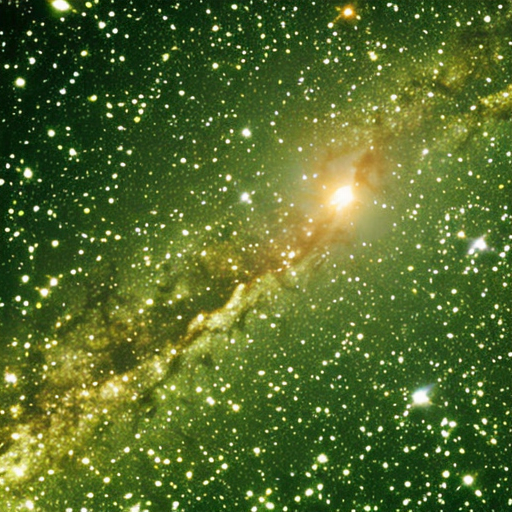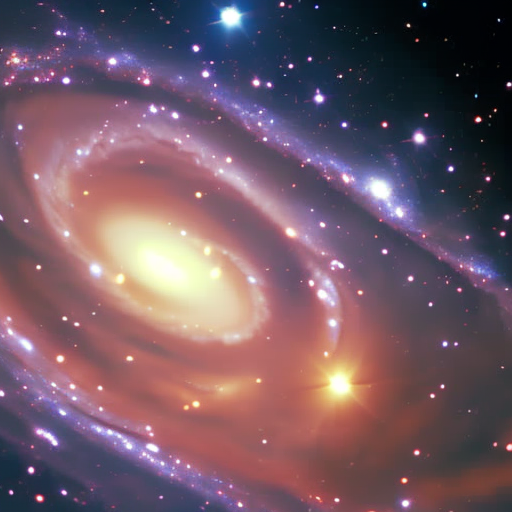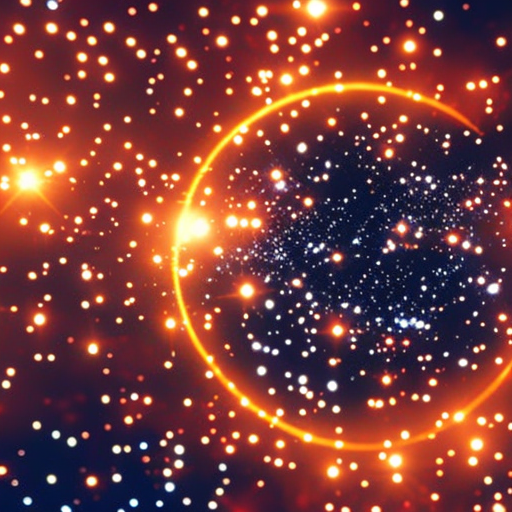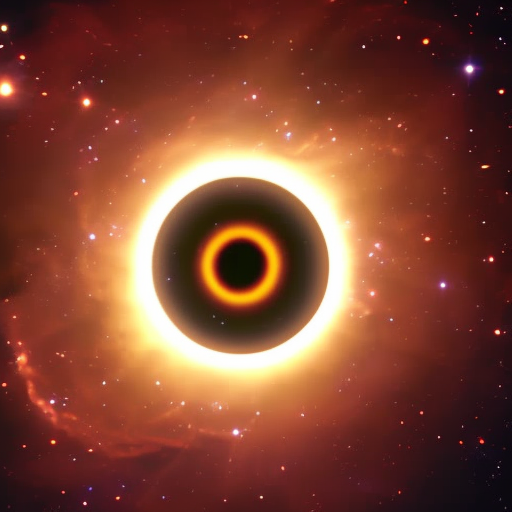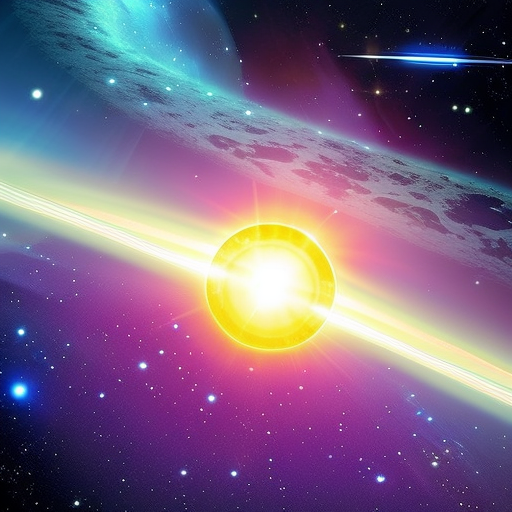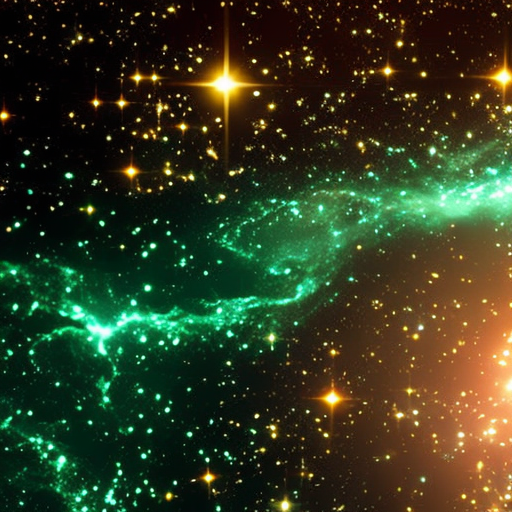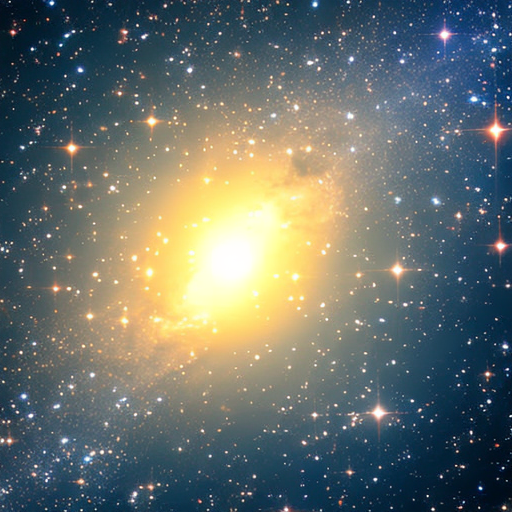Astrophysical jets are high-speed streams of particles ejected from celestial objects, such as black holes and young stars, which play a crucial role in shaping the universe.
Extragalactic Astronomy Explained
Extragalactic astronomy is the study of celestial objects and phenomena outside of our own galaxy, the Milky Way.
Observational Astronomy Explained
Observational astronomy involves the study of celestial objects and phenomena through direct observation and data collection.
Cosmology Explained
Cosmology is the study of the origin, evolution, and structure of the universe.
Stellar Evolution Explained
Stellar evolution is the study of how stars change and evolve over time.
Interstellar Summary
In a desperate search for a habitable planet, a group of astronauts travel through a wormhole to save humanity from extinction.
String Theory Explained
String theory is a theoretical framework that attempts to unify all fundamental forces and particles in the universe by describing them as tiny vibrating strings.
Theory Of Relativity Explained
The theory of relativity explains how gravity and motion affect the perception of time and space.
Black Holes Explained
Black holes are mysterious cosmic objects with extremely strong gravitational forces that trap everything, including light.
Gamma-Ray Bursts Explained
Gamma-ray bursts are intense explosions of gamma rays that occur in distant galaxies and are thought to be caused by the collapse of massive stars or the merging of neutron stars.
Galaxy Evolution Explained
Galaxy evolution refers to the study of how galaxies form, grow, and change over time.
Supernovae Explained
Supernovae are powerful stellar explosions that release immense amounts of energy and play a crucial role in the formation of elements and the evolution of the universe.










